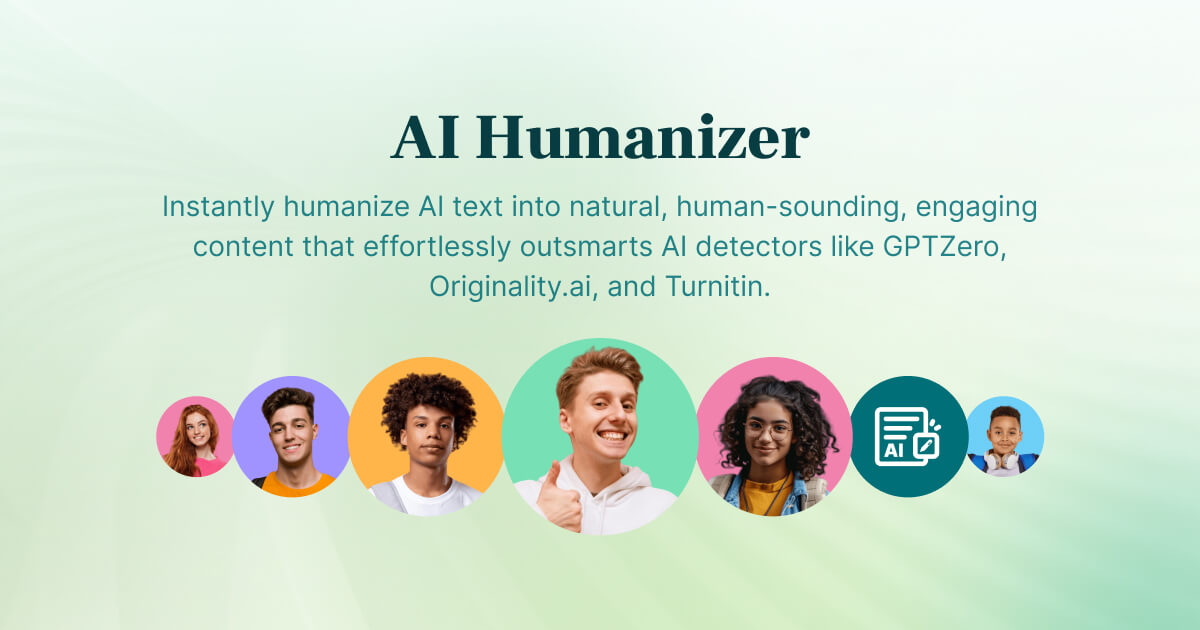Artificial Intelligence (AI) has made significant steps recently, but among its most profound impacts is the way it's transforming human communication. With the introduction of text humanizer tool , technology now works to imitate psychological intelligence, sympathy, and nuance, providing an even more human-like factor to device interactions. That change is not simply redefining old-fashioned interaction instruments but also reshaping how we interact and connect in personal and qualified spaces.
AI humanizers power sophisticated natural language processing (NLP) technologies and machine understanding formulas to understand and react with emotional depth. Unlike standard AI systems that rely on basic information handling, AI humanizers strive to comprehend tone, situation, and also objective in communication. For case, AI-driven resources are today responding not only with precise responses, but with consideration, acknowledging thoughts like stress or excitement predicated on a person's tone or term choice.
A significant area where that modify is apparent is customer service. AI-enabled chatbots and virtual personnel have changed from delivering universal answers to extremely customized and emotionally aware interactions. Data reveal that 70% of people now choose conversing with chatbots that can exhibit mental intelligence and resolve problems in a far more “human” manner. This progress not only improves customer satisfaction but also contributes to stronger manufacturer loyalty and retention.
The professional workplace is yet another room wherever AI humanizers are emerging as game-changers. They are helping businesses link social and linguistic breaks by giving real-time translations imbued with social nuances. Video conferencing resources with AI-based stay transcription and feeling recognition are allowing more inclusive and powerful interaction among globally spread teams. Around 60% of companies using such tools report improved relationship and paid down cases of miscommunication.
AI humanizers are also transforming areas like knowledge and emotional health. Electronic tutors built with psychological intelligence can custom understanding activities based on a student' ;s emotions or proposal levels. Similarly, emotional health applications that employ AI humanizers can offer empathetic, covert support to consumers during instances of tension or panic, seamlessly filling holes wherever individual counselors are unavailable.
The increase of AI humanizers does not come without challenges. Questions about honest use , data solitude, and over-reliance on AI remain key debates once we transfer toward more human-like AI interactions. Still, the trend is obvious – AI is no further pretty much calculators and automations; it's about relationship, understanding, and psychological intelligence.

The exciting possible of AI humanizers is pushing the limits of what technology can achieve. That era of AI-driven conversation keeps claims of greater understanding, improved problem-solving, and greater contacts for individuals and corporations alike.